A few weeks ago one of my writers sent me a link to an infographic by www.TopCounselingSchools.org entitled The Anatomy of a Great Resume. The similarities between dating and job search are often highlighted by job seekers, and this infographic is rather explicit in milking the similarities, beginning with the question, “Does your resume get hit on all the time?”
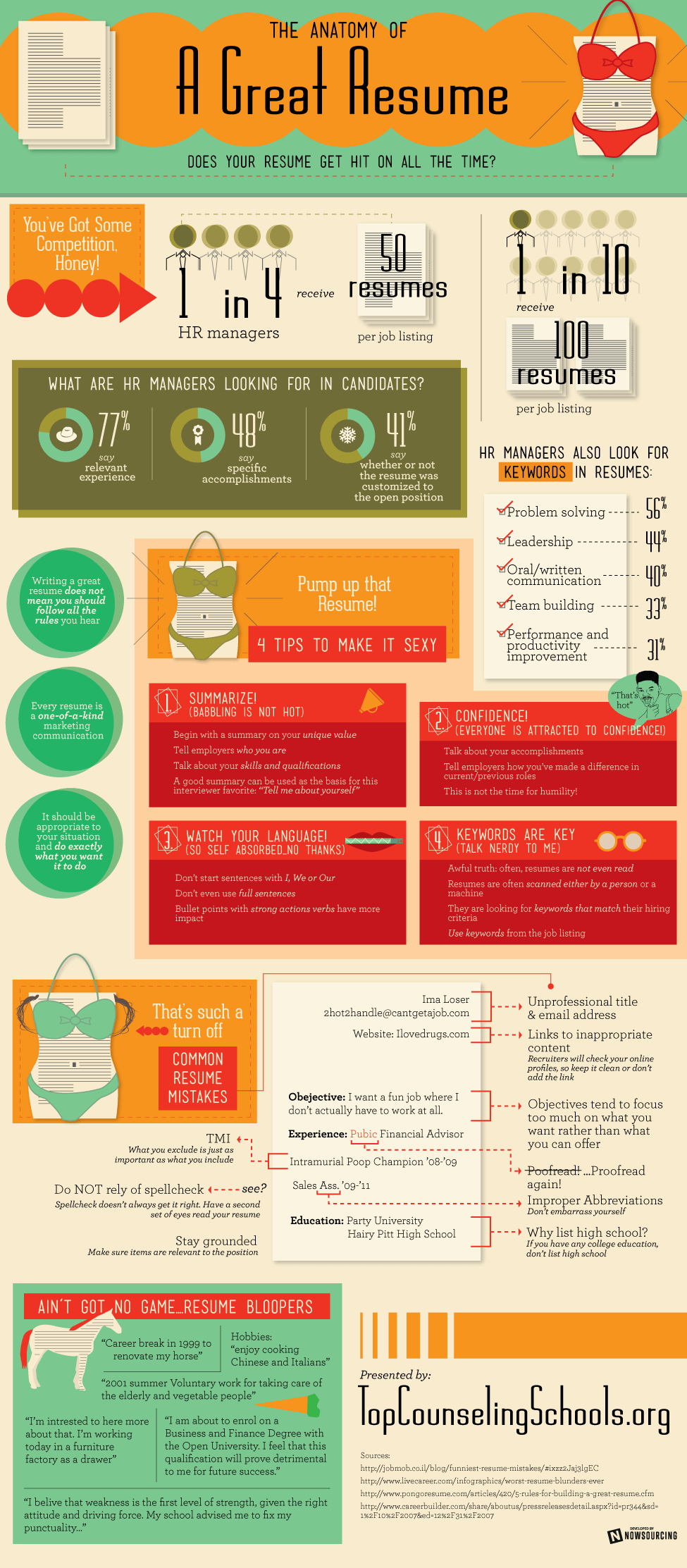
Source: Top Counseling Schools
It may be true that the competition for great talent is at least as fierce as the competition for a great romantic partner, and the above infographic provides some interesting statistics and advice. Some of it is rather surprising, and I thought I would pass it along. I’ve picked just a few salient points; take a look at the infographic for the full report!
1. 77% of HR Managers say they are looking for relevant experience. 48% say specific accomplishments. 41% say whether or not the resume was customized to the open position.
Really? I wonder how the HR Managers define “relevant experience” – It seems like a no-brainer that if a hiring manager receives two resumes for a position, both of which contain the relevant background but only one of which contains quantifiable achievements, the person who listed quantifiable achievements will be the more attractive candidate.
I’m not surprised to see the preference for customized resumes–customization shows that you are willing to go the extra mile. If you do it in the resume, you will do it in the workplace.
I believe a winning resume will do all three things: state relevant experience, highlight specific accomplishments, AND be customized to the position. Do it all and you will have the best chance of getting an interview.
2. Keywords:
56% say “problem solving” is a keyword they look for and 40% say “oral/written communication.” Really?! These are overused buzzwords; so probably an equal number of HR Managers will say NOT to use these words! To be safe, if you choose to use these buzzwords, tie them to specific problems solved and specific communication skills and you will be ahead of the game. Other top keywords: Leadership (44%), Team building (33%) and Performance and productivity improvement (31%). Again, ALWAYS include specific achievements to support the keywords.
3. Write a Summary!
Yes HR Managers like seeing a summary that conveys your unique value. Emphasis on unique. If you sound like everyone else, the summary will not help.
The infographic recommends that you tell employees “who you are” and that you talk about your “skills and qualifications.”
Watch out for dangerous pitfalls! In saying who you are, you must include specifics about your background that other candidates don’t have. List names of companies or sizes of budgets. Or write about your unique passion or style. In enumerating your skills and qualifications, don’t make them generic. Tie all your skills to an accomplishment or capacity. That way you can truly grab attention in the summary and get the HR Manager to read more.
4. Don’t use an Objective. Objective statements are focused on what you want rather than what the company wants.
I’ve been surprised to hear some support for Objective statements in resumes lately. I don’t buy it. I think the people advocating for Objective statements are behind the times and in the minority. Use your Summary to state what you have to contribute to an organization. Use a title at the top of the resume (generally under your name and contact information) to state what position you are seeking.
5. Proofread! Spelling and grammatical errors are a deal-killer.
These could be deal-killers in the dating scene too!
Although the cardinal rule of resume writing is “There are no rules,” it’s always useful to hear what hiring managers are saying. Still, surveys are inherently faulty since people often misjudge their own actions and opinions. The Anatomy of a Great Resume infographic provides food for thought, so take it as such. And remember, no two people will have the same opinion about your resume, so get the best advice you can get and “Be Yourself,” i.e. write a resume that expresses who you are–and that you are proud to send to your connections and prospective employers.

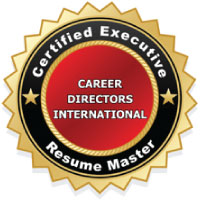
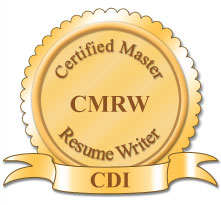
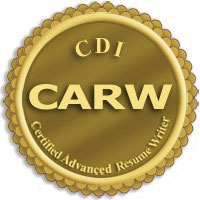
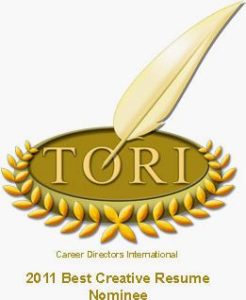
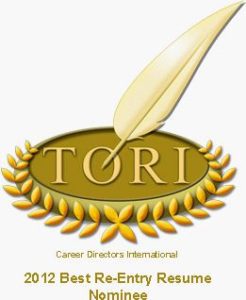
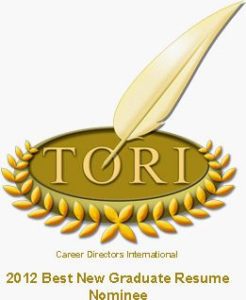
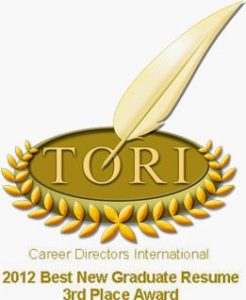
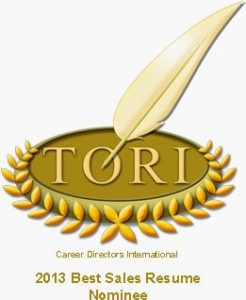
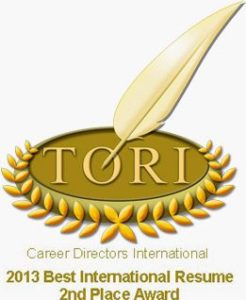
To me this article highlights one of the problems of using Hiring Managers, or even HR staff, as the sole screeners of applicants, and NOT using, in conjunction with the HR staff, the people who actually do the job. I am in my current Legal Assistant position because the attorney who interviewed me was impressed with my character, which was revealed not in my resume but in the interview. Granted, I did have at that point enough experience on my resume to get to the interview, but my resume revealed only SOME of the skills the law firm wanted. The attorney even acknowledged during the interview that my resume was a weak contender for the position, but there was something about it that prompted him to want to meet me; that led to a job offer. They are very, very pleased with me: I have been in this job for over 3 years, and have been given a glowing review and a raise every year. I understand choosing a job candidate is a difficult, nuanced, complicated endeavor, but the people doing so need to look at characteristics that cannot be fully expressed on a resume or any other piece of paper. None of the results of the survey seem to show HR staff look for any hint that the person’s character might, or might not, be a good fit.
Well said I have been trying for three years now to find a decent position and have had no luck, I am convince it is my age and the lack of experience of the HR and Hiring Managers, I don’t consider myself old I am 59 years old or should I say young. Crazy world but I have not given up I still keep trying everyday I know the right opportunity is out there, it is just a matter of time.
Thanks for your comment Mike. I have some articles with tips for older job seekers so I would encourage you to read those as well! See https://theessayexpert.com/blog/17-tips-for-older-job-seekers-follow-in-the-footsteps-of-winners/